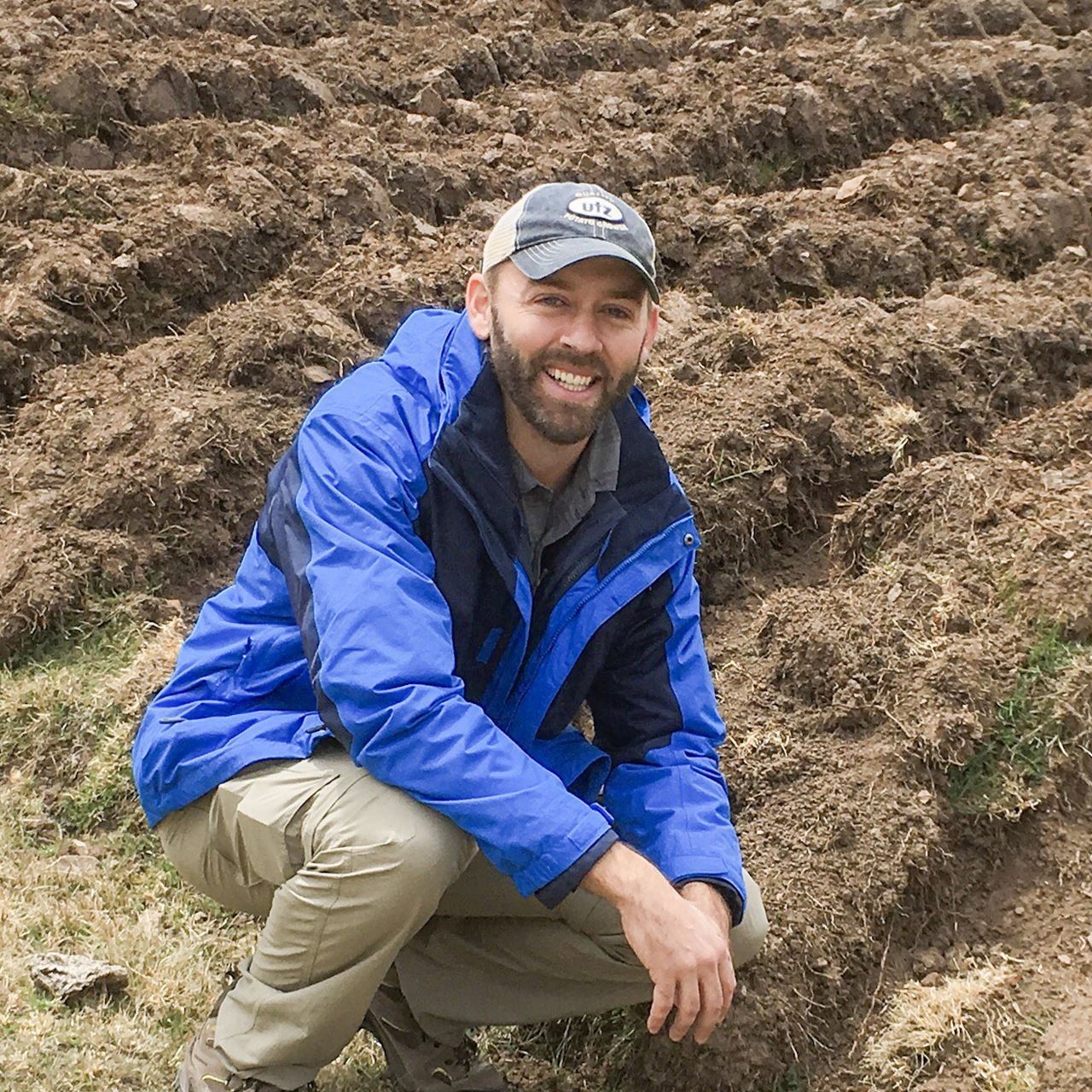
Follow Up: April Florida Food Forum
Murky Waters: Water, Food and Society
If you were unable to attend the meeting, the full presentation is available online here.
To keep the conversation going, please visit our forum on Murky Waters: Water, Food and Society here to add your thoughts and comments.
On April 24th, the Florida Food Forum on Murky Waters: Water, Food and Society was led by Christopher Johns, Board member at the Florida Food Policy Council and Environmental Attorney.
“The path that has led us to this level of development and interconnectedness around the world has been built, in large part, on having access to abundant amounts of water and clean water that is safe to grow food as well as drink,” Chris said, “and we are approaching a point where we are starting to test the limits of our water supplies. Because of the characteristics of water and how it just exists in the world, the protection and regulation of it as a resource is incredibly complex and it brings up some issues that are really interesting.”
A native Floridian, Chris became interested in the impact water has on agriculture while working on his family’s potato farm in Hastings. This curiosity eventually led him to pursue a law degree.
Water is a basic fundamental thing that plays a fundamental role in society that we see today.
“There’s not a thing in agriculture that doesn’t require water to grow. So, in addition to needing water for people to drink, we also need it for food production,” Chris said. “So, when we talk about a sustainable future and sustainable water resources, agriculture is a big part of that conversation. Folks are growing food and feeding people, but there are secondary impacts and consequences to our production that we have to deal with.”
According to the USDA, about 80% of the consumptive uses of water are used for agricultural production.
Why is protecting water resources so difficult?
“Water is not stationary. It doesn’t follow political boundaries. So that requires solutions that can create weird legal jurisdictional questions. It presents difficult situations, but it also opens an opportunity for more creative solutions,” Chris explained. “If there is one thing I hope everyone can get from this talk, it is a sense of just how complex these issues are.”
Water is regulated at the federal level, state level and the local level. The Federal government has limited authority under certain areas that most people are familiar with such as water pollution, drinking water standards and wetland use and protection. States however, generally have the authority to control who uses water and how it’s used.
Chris gives the Clean Water Act as an example. “The Federal government sets big regulatory framework guidelines and then states hopefully implement the details and nuances of that.”
When it comes to water quality regulation, Chris continued by illustrating three main areas: watersheds, water quality and water use.
In relation to wetlands, he clarified the difference between the federal rule for wetland regulation and state rule for regulation. At the Federal Level, the Clean Water Act regulates waters of the U.S. but it also provides one of the main sources of regulation for wetlands in Section 404. The Endangered Species Act and the Clean Air Act can also be used to protect watersheds. At the state level, wetlands are regulated under Chapter 373, which covers most of Florida’s water resources. Chapter 373 also says water management districts along with DDP have to set minimum flows and levels for all surface and groundwater, which is another protective regulation.
When it comes to the regulation of water quality, Chris pointed to the Clean Water Act and the Safe Drinking Water Act as the two main legislation found at the Federal level. States then have to create water detailed quality standards and enforce them generally with 3 components: designated uses, water quality criteria, and anti-degradation policy.
What about issues specific to agriculture and water use?
Chris discussed water pollution issues such as: nutrient pollution, pesticides and food safety.
“When you are thinking about agricultural land and agricultural production, you have to think of wetland permitting and land use issues. And increasingly, another issue cropping up is arable land—land than can produce crops,” Chris noted. “Maintaining agricultural practices that maintain the lands ability to produce food for long periods of time is also of significant concern.”
The presentation concluded with a big picture view.
“Water is fundamental to society. There is no simple issue when it comes to managing water in a sustainable way. These issues don’t exist in isolation. Water, whether we realize it or not, ties us together. If we want to be able to protect that resource and sustain the society that we built, we need to approach these issues with patience, understanding and humility, but also determination. In order to do that, we need regulations and public officials to focus on long-term solutions as opposed to expedient short-term fixes.”
A question and answer session followed the presentation which provided even more insightful questions on this important topic.
 Bio: Christopher Johns is a native Floridian, born and raised in Hastings, Florida. The son of a 4th generation farmer, Chris was raised helping his family on their commercial farm. After receiving his bachelor’s degree from the University of Florida, he returned to his family’s farm to help manage production of their potato crop. After returning to the farm, he participated in the Florida Natural Resources Leadership Institute, where he graduated a fellow of Class IX. Chris earned a J.D. with a certificate in environmental and land-use law from the University of Florida Levin College of Law. While in law school, Chris interned at Harvard Law School’s Food Law and Policy Clinic.
Bio: Christopher Johns is a native Floridian, born and raised in Hastings, Florida. The son of a 4th generation farmer, Chris was raised helping his family on their commercial farm. After receiving his bachelor’s degree from the University of Florida, he returned to his family’s farm to help manage production of their potato crop. After returning to the farm, he participated in the Florida Natural Resources Leadership Institute, where he graduated a fellow of Class IX. Chris earned a J.D. with a certificate in environmental and land-use law from the University of Florida Levin College of Law. While in law school, Chris interned at Harvard Law School’s Food Law and Policy Clinic.
Today, Chris lives in West Palm Beach and works for Lewis, Longman & Walker, as an environmental attorney. He represents a spectrum of clients from local governments, to Indian tribes, to private landowners, including agricultural producers, on complex issues involving environmental permitting and natural resource protection and development. He remains interested in food policy and using his skills, experience, and insights to foster meaningful improvements to food systems throughout Florida.
Forum Host: Dell deChant is the Associate Chair of the Religious Studies Department at the University of South Florida and a member of the Board of Directors at the Florida Food Policy Council.
Disclaimer: The views of the presenters do not represent the views of the Florida Food Policy Council. We are a forum for the offering and sharing of information and encourage diversity and communication within the food system.